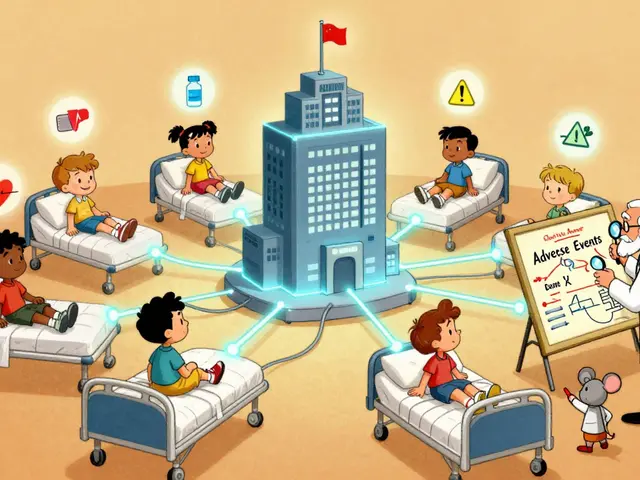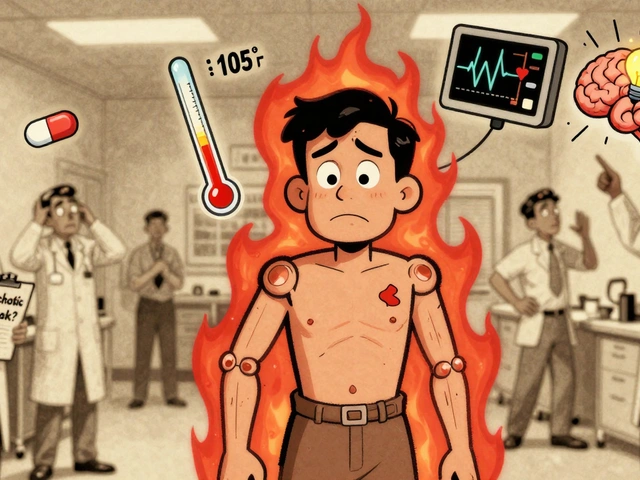Understanding Vaginal Irritation: Causes and Symptoms
Vaginal irritation is a common issue that many women face at some point in their lives. It can be caused by various factors, such as hormonal changes, infections, or allergies. The symptoms of vaginal irritation can range from itching, burning, and redness to a change in discharge and even pain during intercourse. Understanding the causes and symptoms of vaginal irritation is essential for every woman in order to take the necessary steps to prevent and treat this uncomfortable condition.
Preventing Vaginal Irritation: The Role of Regular Gynecological Check-Ups
One of the most effective ways to prevent vaginal irritation is to have regular gynecological check-ups. Gynecologists are specialized in diagnosing and treating any issues related to the female reproductive system, including vaginal irritation. During the check-up, the doctor will examine your vagina and cervix, take a swab to test for any infections, and discuss any concerns or symptoms you may be experiencing. By having regular check-ups, you can ensure that any potential issues are detected and treated early, preventing further complications and discomfort.
Identifying and Treating Common Causes of Vaginal Irritation
There are several common causes of vaginal irritation that can be identified and treated during a regular gynecological check-up. Yeast infections, bacterial vaginosis, and sexually transmitted infections (STIs) are all common causes of vaginal irritation. Your gynecologist will be able to identify the cause of your symptoms and recommend the appropriate treatment to help alleviate the discomfort. Additionally, during the check-up, your doctor may provide you with advice on how to prevent further irritation, such as maintaining proper hygiene and using the right type of feminine products.
Dealing with Hormonal Changes and Vaginal Irritation
Hormonal changes throughout a woman's life can also lead to vaginal irritation. For example, during pregnancy and menopause, the levels of estrogen in the body fluctuate, which can cause changes in the vaginal environment and lead to irritation. Regular gynecological check-ups can help monitor these hormonal changes and provide guidance on how to manage them to prevent vaginal discomfort. Your doctor may recommend hormone therapy or other treatments to help maintain the balance of your vaginal health during these times.
Maintaining Vaginal Health: Lifestyle Choices and Habits
Regular gynecological check-ups are essential for maintaining vaginal health, but your lifestyle choices and habits also play a significant role in preventing vaginal irritation. Some tips for maintaining vaginal health include wearing breathable, cotton underwear, avoiding harsh soaps and douching, and practicing safe sex. During your check-up, your gynecologist may provide additional guidance on how to maintain a healthy vaginal environment and prevent irritation.
Recognizing the Importance of Emotional and Mental Health in Relation to Vaginal Health
Lastly, it's important to recognize that our emotional and mental health can also impact our vaginal health. Stress, anxiety, and depression can all contribute to hormonal imbalances and other issues that may lead to vaginal irritation. Regular gynecological check-ups not only focus on your physical health but can also provide an opportunity to discuss any emotional or mental health concerns that may be impacting your overall well-being. Your doctor may recommend counseling or other resources to help you manage stress and improve your emotional health, which in turn can benefit your vaginal health.










Sure, because the government’s secret agenda includes scheduling your gyno visits.
One could argue that the very act of acknowledging bodily autonomy is a philosophical rebellion against the deterministic narratives imposed by societal structures
These narratives often masquerade as medical advice while subtly reinforcing power dynamics that privilege certain bodies over others
In the context of gynecological health, the insistence on regular check‑ups is presented as a benign recommendation, yet it also serves as a mechanism for institutional oversight
When we allow external entities to routinely inspect our most intimate spaces, we inadvertently concede a fragment of our sovereignty
Moreover, the language of "prevention" is weaponized to induce a perpetual state of anxiety, ensuring compliance through fear rather than empowerment
True empowerment would stem from informed choice, not from a schedule dictated by a detached bureaucracy
It is essential to question who ultimately benefits from the proliferation of such health directives
Are we protecting ourselves, or are we feeding a system that thrives on continuous consumption of medical services
The commodification of health transforms preventive care into a revenue stream rather than a pure act of care
Furthermore, the integration of mental health discussions within gynecological appointments, while well‑intentioned, can blur the boundaries of professional expertise
It risks reducing complex emotional landscapes to mere checklist items, stripping them of nuance
Every individual navigates their own emotional terrain, and a one‑size‑fits‑all approach can be dismissive at best, harmful at worst
Thus, the call for regular check‑ups should be balanced with a critical awareness of the underlying motives that may be at play
Only through such dialectical scrutiny can we reclaim agency over our own bodies and minds
I find it amusing how the article pretends to be purely educational while subtly pushing a consumerist agenda
If you’re looking for genuine guidance, it’s better to research reputable medical sources rather than rely on generic blog posts
Regular visits are important, but they shouldn’t be framed as the only solution to every issue
Wow, another self‑righteous lecture about "empowerment"
People actually read this and think we’re supposed to hand over our private lives to strangers
It’s aggressive marketing disguised as care
Enough with the moral high ground
Hey folks, just wanted to say that I’ve found that keeping a simple diary of any symptoms helps a lot when you finally see the doctor
It makes the conversation smoother and you don’t forget anything important
Also, wearing breathable cotton is a game‑changer for daily comfort
While your anecdotal suggestions are noted, it is crucial to underscore that empirical evidence should guide clinical practices 😊
Adopting cotton underwear alone does not substitute for professional diagnosis 📊
Patients must remain vigilant and seek validated medical advice 🩺
Emojis aside, the core message remains: regular professional evaluation is indispensable.
🌟 Let’s get proactive, team! 🌟 Consistency with appointments is the #1 KPI for vaginal health optimization 🚀
Integrate check‑ups into your personal wellness sprint and treat them like any other milestone 🏆
Pair that with smart hygiene hacks-think pH‑balanced cleansers and breathable fabrics 🔧
Remember, a healthy vibe fuels confidence in every facet of life! 💪
Interesting points about integrating health metrics into daily routines
I’m curious how you balance the frequency of visits with personal schedules without feeling pressured
Also, do you think telehealth could complement in‑person exams for ongoing monitoring